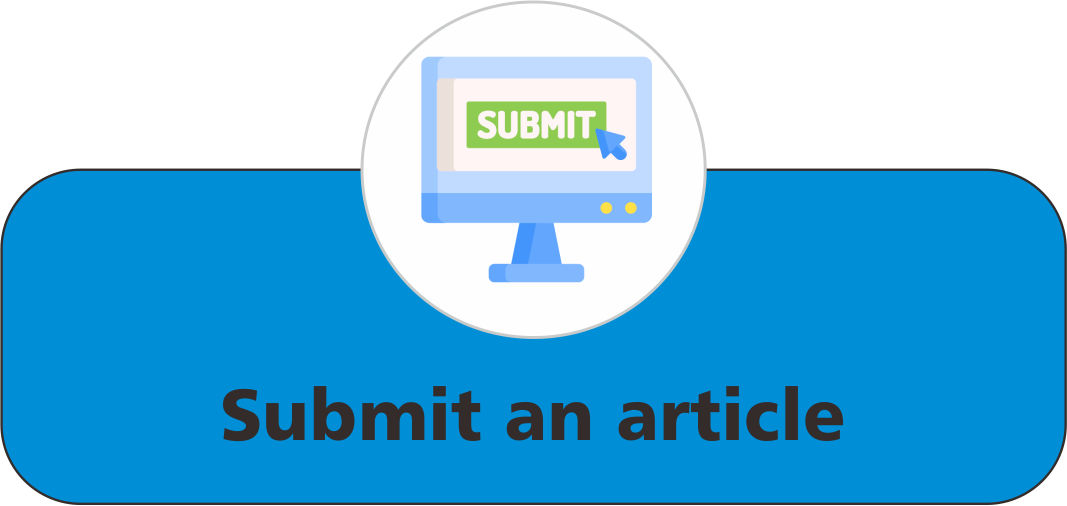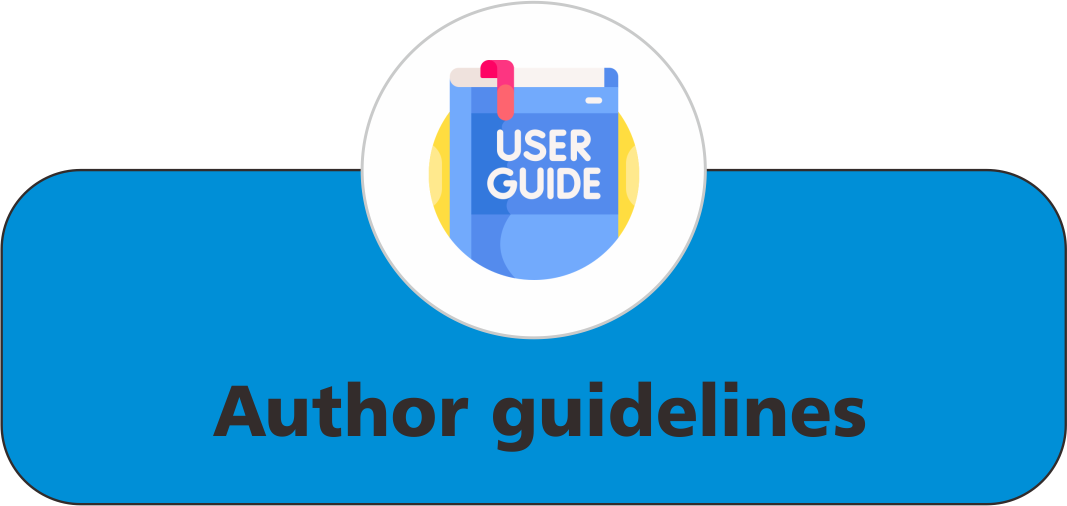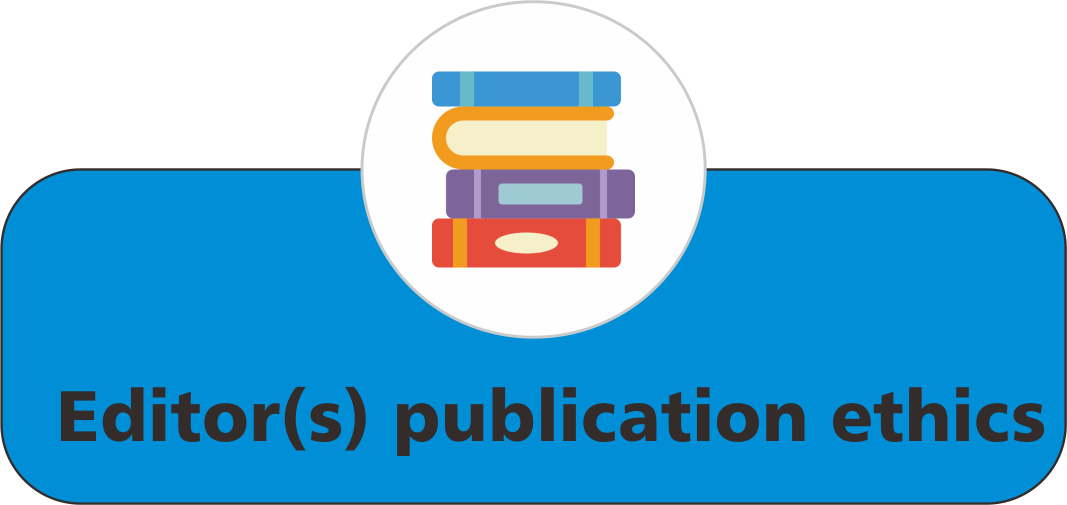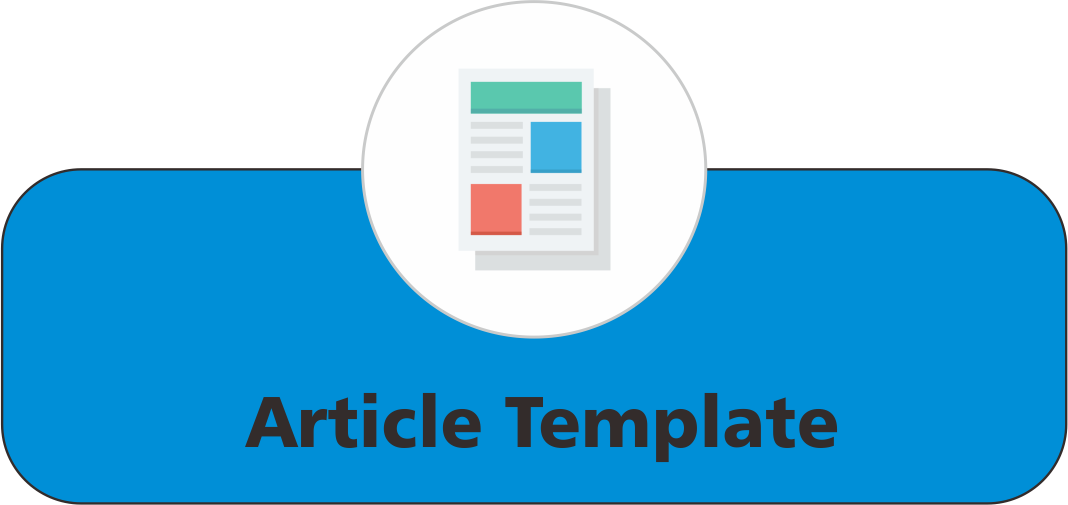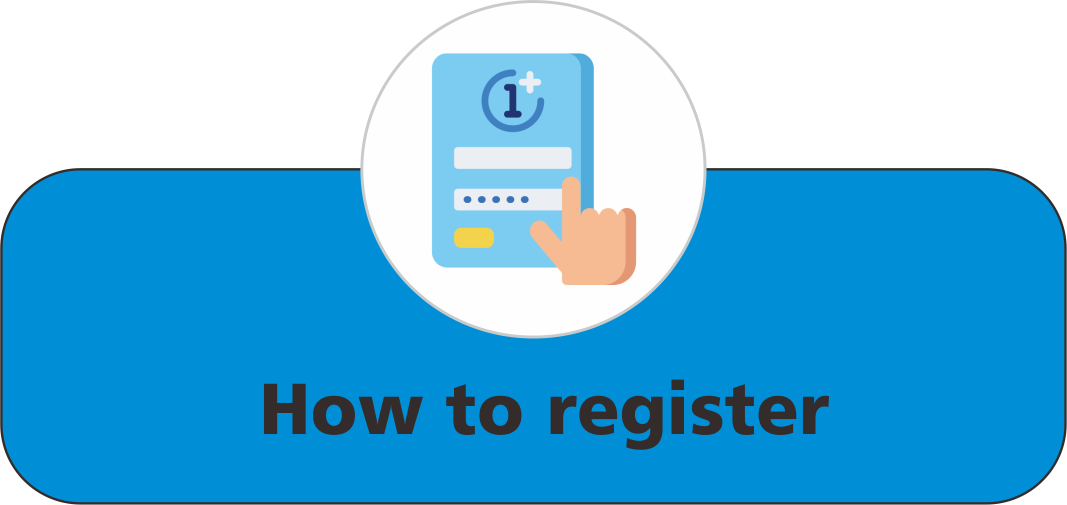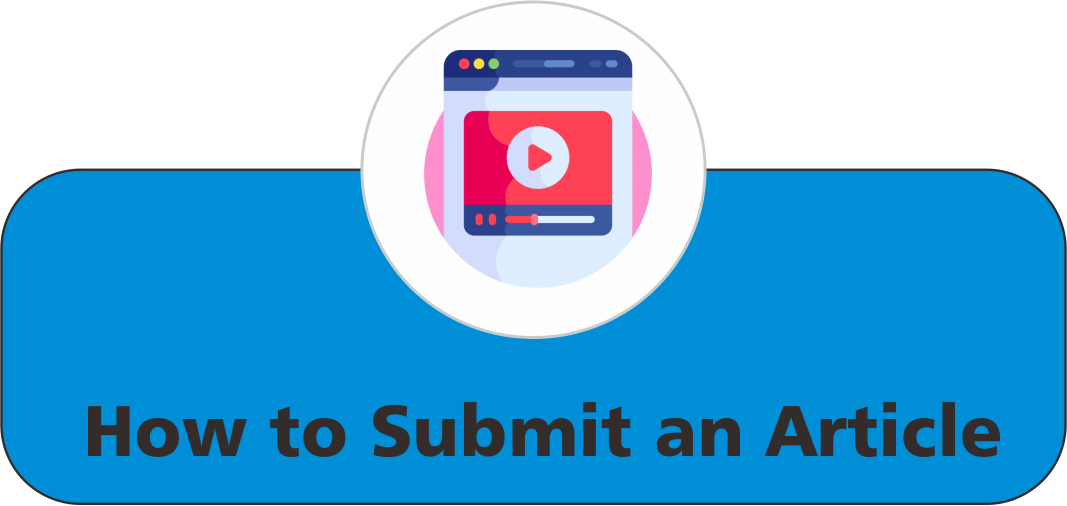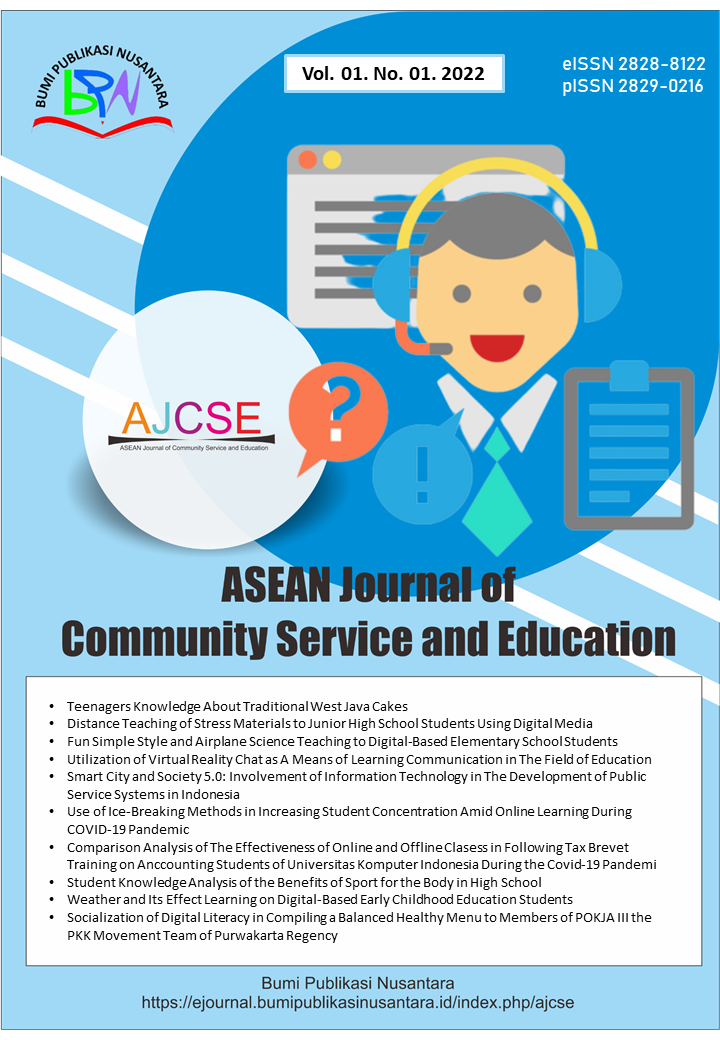Implementation of Sustainable Development Goals (SDGs) No. 12: Responsible Production and Consumption by Optimizing Lemon Commodities and Community Empowerment to Reduce Household Waste
 ), Mohd Alif Asran(2), Rizal Maulana Ash-Habi(3),
), Mohd Alif Asran(2), Rizal Maulana Ash-Habi(3),
(1) Universitas Pendidikan Indonesia
(2) Universitas Pendidikan Indonesia
(3) Universitas Pendidikan Indonesia
 Corresponding Author
Corresponding Author
Abstract
Keywords
References
Annisa, H., and Najicha, F. U. (2021). Konsekuensi geopolitik atas perdagangan internasional Indonesia. Jurnal Global Citizen: Jurnal Ilmiah Kajian Pendidikan Kewarganegaraan, 10(2), 8-14.
Atkins, S., Clear, J., and Ostler, N. (1992). Corpus design criteria. Literary and Linguistic Computing, 7(1), 1-16.
Beylot, A., Boitier, B., Lancesseur, N., and Villeneuve, J. (2018). A comparison of scenarios of consumption growth using input‐output analysis. Journal of Industrial Ecology, 22(2), 356-368.
Cahyo, K. N., Martini, M., and Riana, E. (2019). Perancangan sistem informasi pengelolaan kuesioner pelatihan pada PT Brainmatics Cipta Informatika. Journal of Information System Research (JOSH), 1(1), 45-53.
Capah, B. M., Rachim, H. A., and Raharjo, S. T. (2023). Implementasi SDGs-12 melalui pengembangan komunitas dalam program CSR. Share: Social Work Journal, 13(1), 150-161.
Ciasullo, M. V., Troisi, O., Grimaldi, M., and Leone, D. (2020). Multi-level governance for sustainable innovation in smart communities: An ecosystems approach. International Entrepreneurship and Management Journal, 16(1), 1167-1195.
Fristikawati, Y., Alvander, R., and Wibowo, V. (2022). Pengaturan dan penerapan sustainable development pada pembangunan ibukota negara nusantara. Jurnal Komunitas Yustisia, 5(2), 739-749.
Iskandar, A., and Aqbar, K. (2019). Green economy Indonesia dalam perspektif maqashid syari’ah. Al-Mashrafiyah: Jurnal Ekonomi, Keuangan, dan Perbankan Syariah, 3(2), 83-94.
Kerstens, S. M., Spiller, M., Leusbrock, I., and Zeeman, G. (2016). A new approach to nationwide sanitation planning for developing countries: Case study of Indonesia. Science of the Total Environment, 550(1), 676-689.
Luna, P., and Suryana, E. A. (2022). Implementasi sistem pengelolaan food loss and waste (FLW) di Indonesia sebagai inisiatif presiden G20. Jurnal Analis Kebijakan, 6(1), 46-61.
Novita, N., and Sundari, R. (2023). Demonstrasi pembuatan kreasi produk jajanan pasar pada anggota kelompok usaha bersama graha permai. Jurnal Pengabdian Kompetitif, 2(1), 41-45.
Pratama, R. A. (2022). Irigasi way tebu: Penguatan agraria dalam mewujudkan sustainable development goals. Jurnal Humanitas: Katalisator Perubahan dan Inovator Pendidikan, 9(1), 62-70.
Rochman, N. (2016). Model pengembangan desa wisata berbasis pemberdayaan masyarakat. Jurnal Equilibria Pendidikan, 1(1), 59-70.
Rosa, M. K. A., Rodiah, Y., and Kurniawan, A. (2022). Edukasi pengelolaan sampah rumah tangga di kelurahan Sawah Lebar Baru kota Bengkulu. Abdi Reksa, 3(1), 52-58.
Safitri, A. O., Yunianti, V. D., and Rostika, D. (2022). Upaya peningkatan pendidikan berkualitas di Indonesia: analisis pencapaian sustainable development goals (SDGs). Jurnal Basicedu, 6(4), 7096-7106.
Santika, W. G., Anisuzzaman, M., Simsek, Y., Bahri, P. A., Shafiullah, G. M., and Urmee, T. (2020). Implications of the sustainable development goals on national energy demand: The case of Indonesia. Energy, 196(1), 1-15.
Sulistyawati, W., Wahyudi, W., and Trinuryono, S. (2022). Analisis motivasi belajar siswa dengan menggunakan model pembelajaran blended learning saat pandemi covid-19 (deskriptif kuantitatif di SMAN 1 babadan Ponorogo). Kadikma, 13(1), 68-73.
Tentama, F., Mulasari, S. A., and Kusuma, D. R. (2017). Pemberdayaan masyarakat melalui pemanfaatan limbah jerami dan sekam padi menjadi super karbon di kecamatan Moyudan, Sleman. Jurnal Pengabdian Pada Masyarakat, 2(2), 119-126.
Thornton, P. K., Ericksen, P. J., Herrero, M., and Challinor, A. J. (2014). Climate variability and vulnerability to climate change: A review. Global Change Biology, 20(11), 3313-3328.
Article Metrics
Abstract View : 1610 times
: 1610 times Download : 676 times
Download : 676 times
Refbacks
- There are currently no refbacks.
Copyright (c) 2023 Bumi Publikasi Nusantara

This work is licensed under a Creative Commons Attribution-ShareAlike 4.0 International License.

